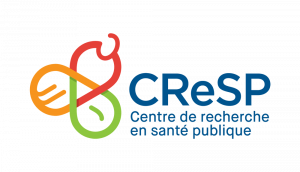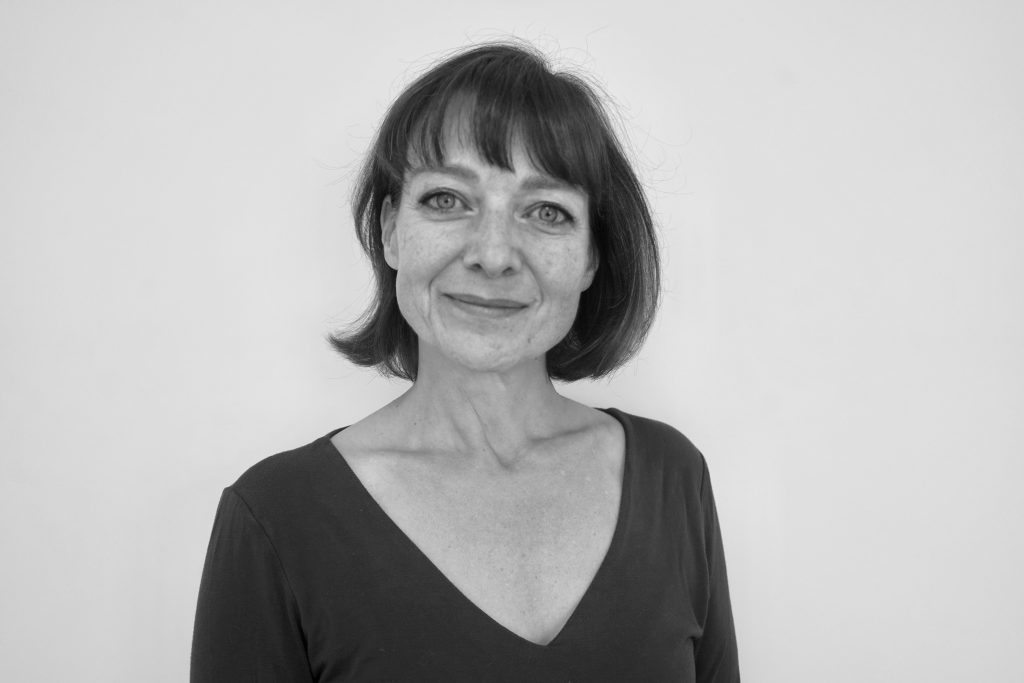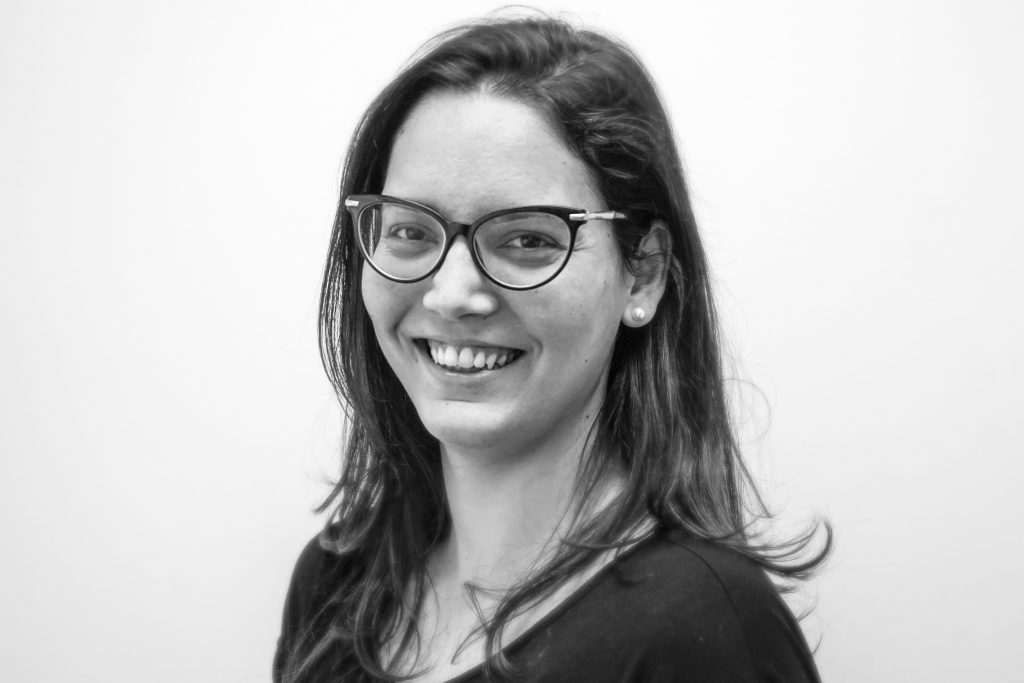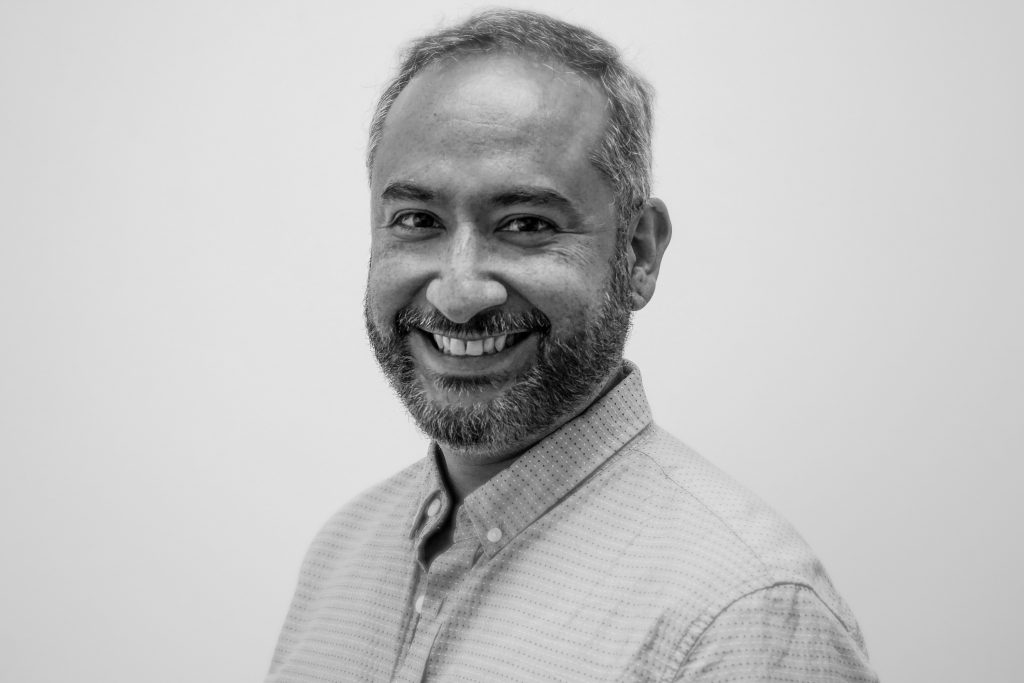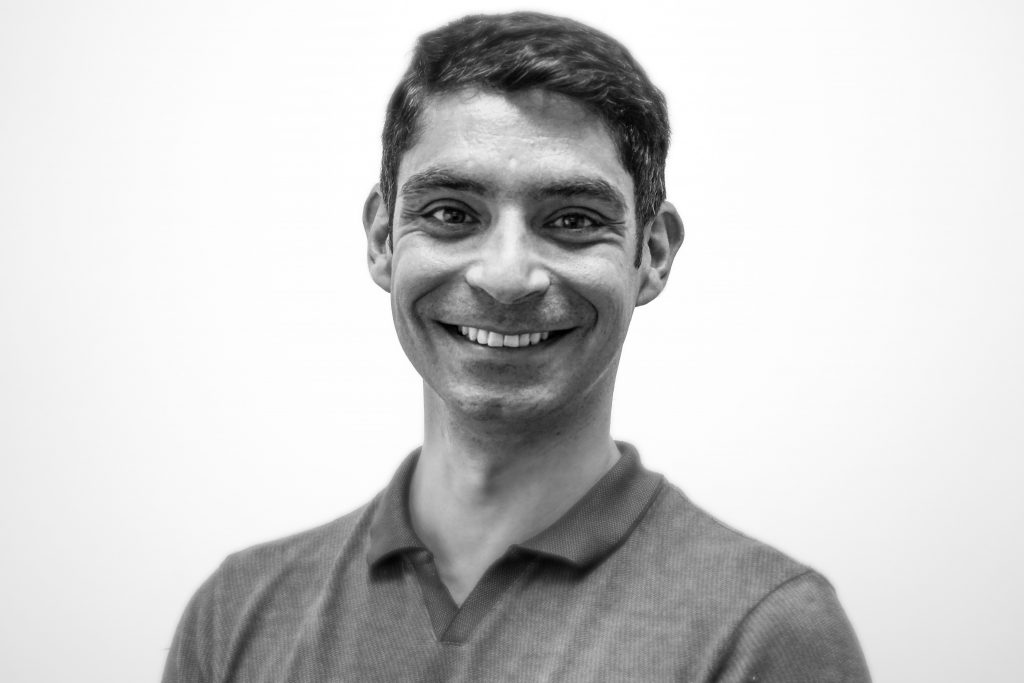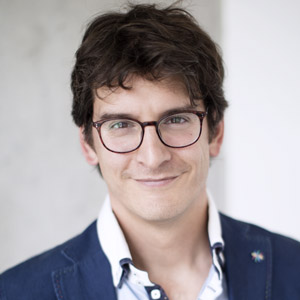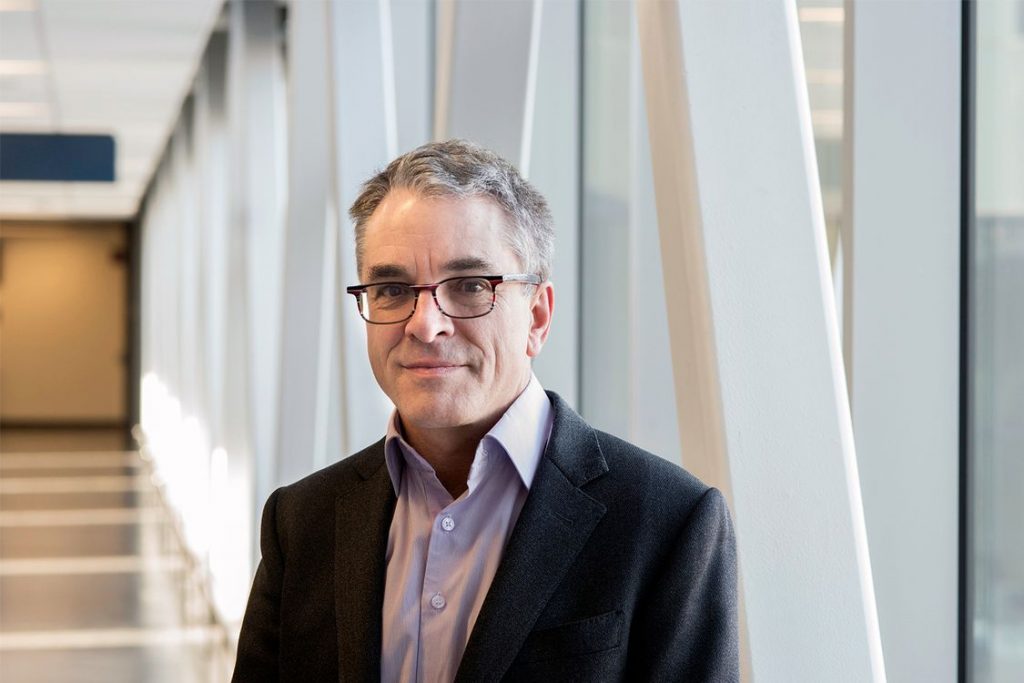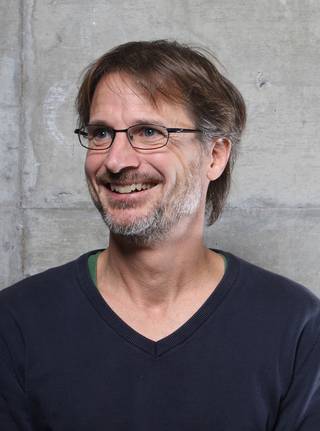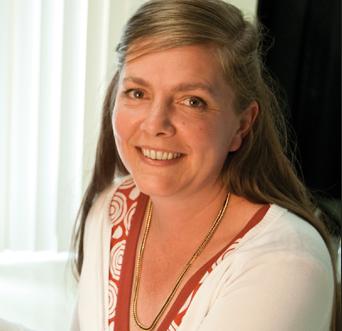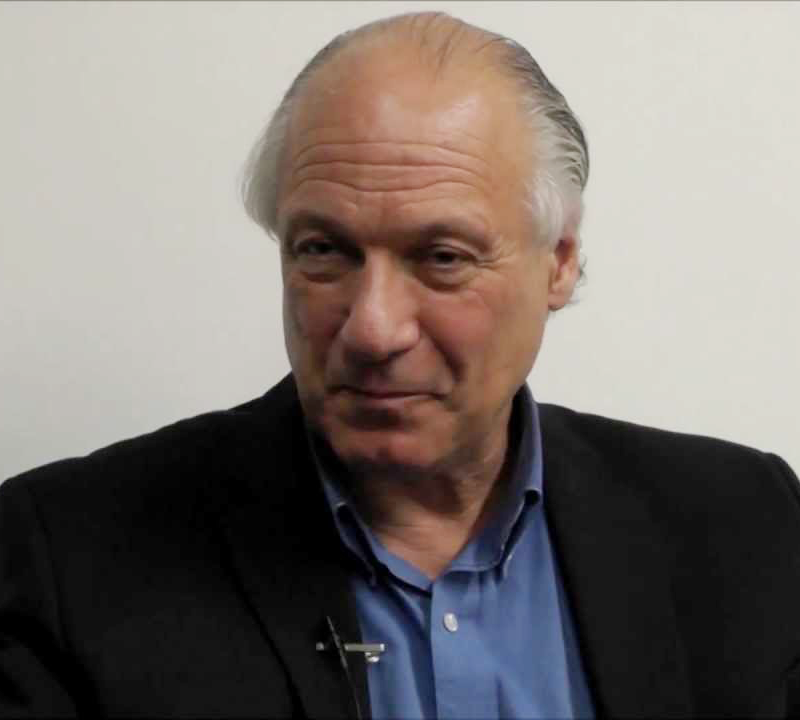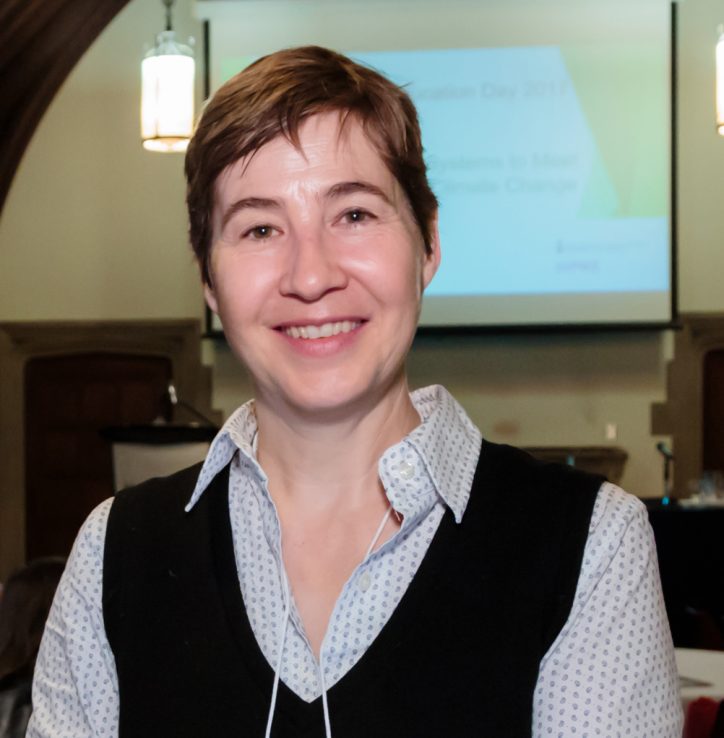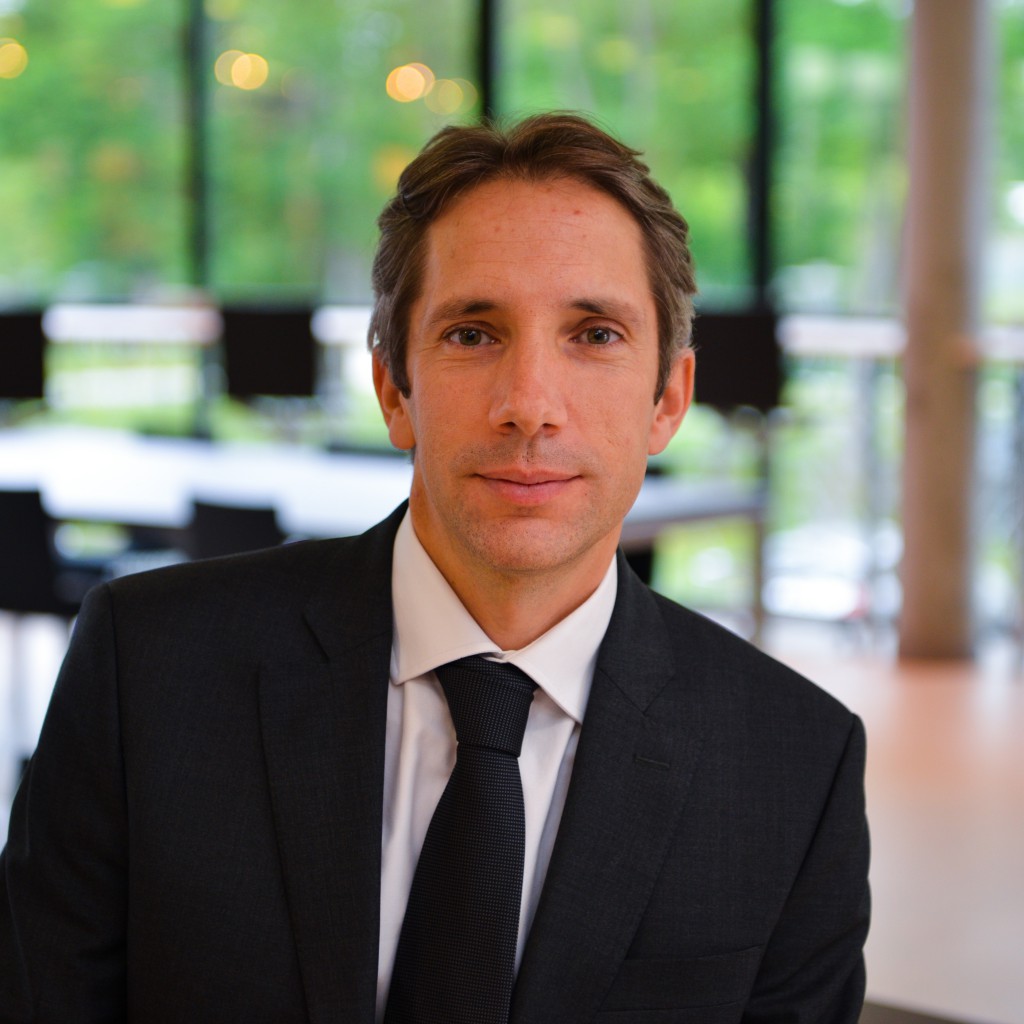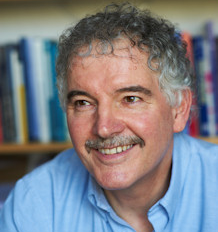Our research team’s activities were supported by the University of Montreal’s Public Health Research Center (CReSP) and led by Pascale Lehoux who is known for her ability to engage into path-breaking research.
In Fieri builds on her Canada Research Chair program (2005-2015), which clarified the impact of business models, capital investment and economic policy on technology design processes in academic spin-offs. In 2008, she created Hinnovic, a blog on health innovation and has pioneered multimedia-based public engagement methods.
Research team
Pascale Lehoux’s career has been shaped by industrial design, which fosters the creative envisioning and pragmatic appraisal of the way technologies fulfill user needs, and by a public health perspective: her work is motivated by the desire to improve our understanding and collective ability to govern technological change in health.
Lysanne holds a BA in Psychology (Univerty of Ottawa), an MA in Child Studies (Concordia University) and a PhD in Educational Studies (McGill University). Health, well-being, gender equality, and innovative practices that value and integrate participant's knowledge and priorities are at the heart of her research.
After completing a bachelor’s degree in food sciences and a master’s degree in management in the State of São Paulo (Brazil), Renata is pursuing a PhD in public health at the University of Montreal. Her thesis focuses on transitions in food systems, looking at the emergence of responsible food production in different economic contexts.
Hudson P. Silva is an economist and was Assistant Professor in Public Policy and Management at the State University of Campinas. His research activities are in public policy analysis, focusing on social protection, public health and health technology management. He holds practical experience as a technical advisor for the Brazilian Ministry of Health and the State Government of Sao Paulo.
Robson is an M.D. specialized in public health and health services management. He has practical experience in the Brazilian health system (public and private sector). He has been Assistant Professor of Public Health and Director of the Medicine Program at Anhembi Morumbi University. His research focuses on AI and digital tools and the analysis of social networks.
Interested in how objects work and invention, Patrick worked in mechanical engineering and later became a programmer, analyst and teacher of applied computer sciences in various cities in North America. After a few years in TV post-production, he joined the team in 2007 to combine two passions - science and communication - and contribute to a key societal issue: our health.
Federico Roncarolo, Geneviève Daudelin, Dominique Grimard, Andrée-Anne Lefebvre, Capucine Berdah and Catherine Hébert also lent their expertise at key moments during the research program, and contributed to our studies and publications.
Former graduate students and postdoctoral fellows supervised by Pascale Lehoux
Innovation policies
|
Health services and policy research
|
Patient and public engagement
|
Knowledge transfer and exchange (KTE)
|
Information technologies
|
Health technology assessment (HTA)
|
The experts who collaborated to the research program
Catherine Beaudry (Polytechnique) is an economist and engineer and holds the Canada Research Chair on the Creation, Development and Commercialization of Innovation. Her research addresses innovation economics, the impact of innovation policies on scientific and technological performance, and the performance and survival of businesses. She brings expertise in partnerships and open innovation in high-tech industries.
Antoine Boivin (Univ. of Montreal) is a family physician and a CIHR clinician-scientist. His research focuses on patient involvement in primary care, chronic disease management, aging and end-of-life care. His policy-oriented research is geared at advancing the design of patient involvement interventions, evaluating its impact and supporting the implementation of sustainable partnerships in clinical settings. He is Co-Chair of the patient engagement strategy of the Quebec SUPPORT Unit.
Jean-Louis Denis (ENAP) is an anthropologist and holds the Canada Research Chair in Governance and Transformation of Health Organizations and Systems. He has over 20 years of experience in health services and policy research. His research examines healthcare reforms, medical leadership and the role of scientific evidence in the implementation of clinical and managerial innovation. He is a member of the Royal Society of Canada and Fellow of the Canadian Academy of Health Sciences.
Philippe Gauthier (Univ. of Montreal) is an industrial designer and sociologist who cofounded the Design and Society research group. His research addresses the normative and regulatory requirements of user centered and participatory design strategies in product, service and policy development and the role of expert judgments in modern democracies. He recently examined citizen involvement in the redesign of public institutions in Montreal.
Nicola Hagemeister (ETS) is a biomedical engineer with an affiliation at the Department of Surgery at University of Montreal. Her research at the Montreal University Teaching Hospital Research Center examines how a new technology (KneeKG™) may improve the surgical planning and care management of patients suffering from knee osteoarthritis. This research applies an early technology assessment framework to inform health policy.
Réjean Hébert (Univ. of Montreal) is a geriatrician and epidemiologist with a long career in health services research for frail older people. He was the Director of PRISMA, which designed and validated a new integrated services model for frail elderly. PRISMA was successfully implemented in Quebec and in other countries and won a CIHR KT Award. Hébert was Dean of the Faculty of Medicine of Sherbrooke University, the 1st Scientific Director of the CIHR Institute of Aging and Quebec Health Minister. He is a member of the Canadian Academy of Health Sciences.
William Lazonick (Univ. of Massachusetts Lowell) is an economist and chairs the Center for Industrial Competitiveness. He is co-founder of the Academic-Industry Research Network and was Distinguished Researcher at INSEAD in France. His research focuses on the social conditions of innovation and economic development in advanced and emerging economies. He was awarded the 2010 Schumpeter Book Prize and the H. Larson Award from Harvard Business School for best paper in Business History Review. His research focuses on the role of financial institutions and capital in high-tech industries.
Marguerite Mendell (Concordia Univ.) is an economist who co-founded the Karl Polanyi Institute of Political Economy. Her research addresses impact investing, social enterprise, community economic development and economic democracy. She was a member of the Advisory Group of the Global Task Force on Impact Investing. She is a member of the Chantier de l’économie sociale Board, a founding member of CAP Finance and of the Scientific Advisory Group on Social Economy and Social Innovation of the Trento Center and of LEED-OECD-Paris. She received the Marie-Andrée Bertrand Prix du Québec and was appointed Officer of Ordre national du Québec.
Fiona Miller (Univ. of Toronto) is a historian, a member of the Joint Centre for Bioethics and the Director of the Division of Health Policy and Ethics at the Toronto Health Economics and Technology Assessment Collaborative (THETA). Her research centres on health technology policy, including the dynamics of technology development, assessment and adoption within systems of health research and healthcare. She brings expertise in health policy, science-based entrepreneurship and institutional theory.
Xavier Pavie (ESSEC Business School) is a philosopher and management scholar. He has spent 15 years as Marketing Director in leading organizations. He is the Director of the Institute for Strategic Innovation & Services and Chairs the Imagination Week seminar for ESSEC’s 600 Master students. He leads the responsible innovation definition efforts of an international network of academic institutions supported by the European Commission. He is President of the “Innovation-Regulation-Governance” commission of the French National Agency for Research as part of Horizon 2020.
Andrew Webster (York Univ., UK) is a sociologist and the Director of the Science and Technology Studies Unit and a Fellow of the Academy of Social Science. His research addresses funding models for regenerative medicine and responsible biobanking innovation. He serves on national policy committees including the UK Stem Cell Bank Steering Committee and the Regenerative Medicine Expert Group Sub-committee.

